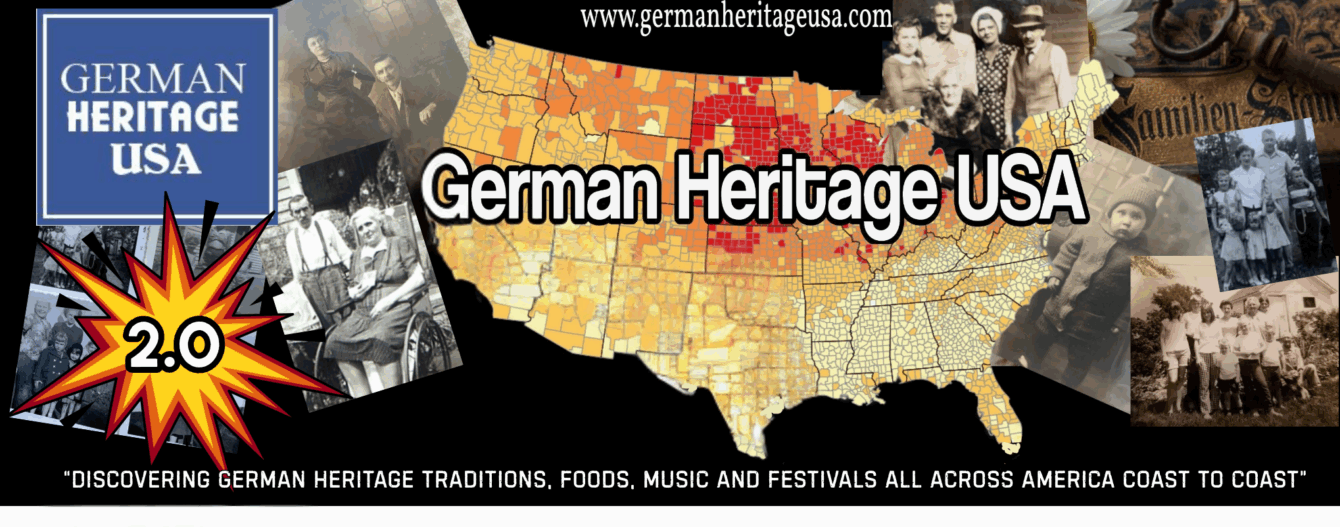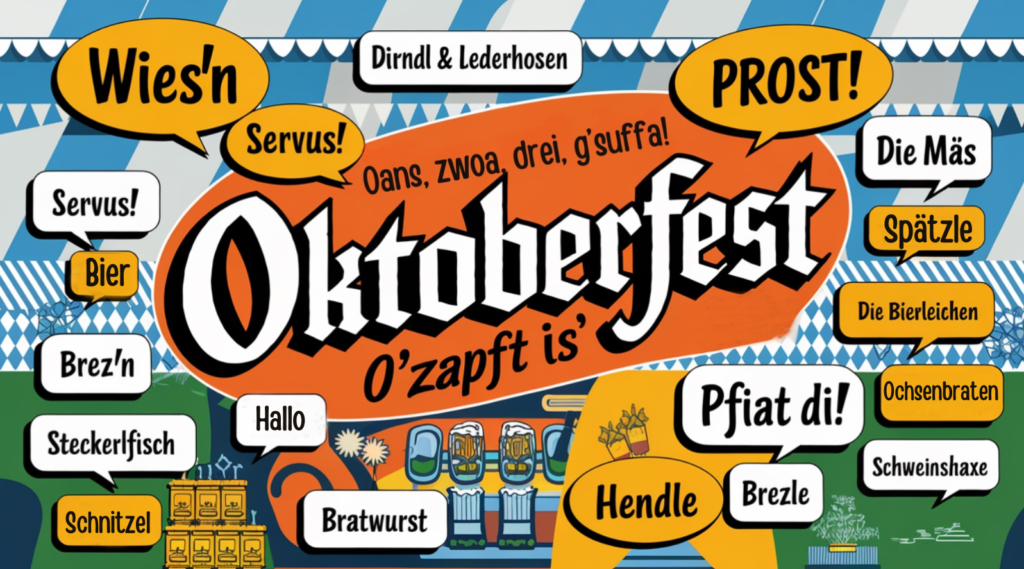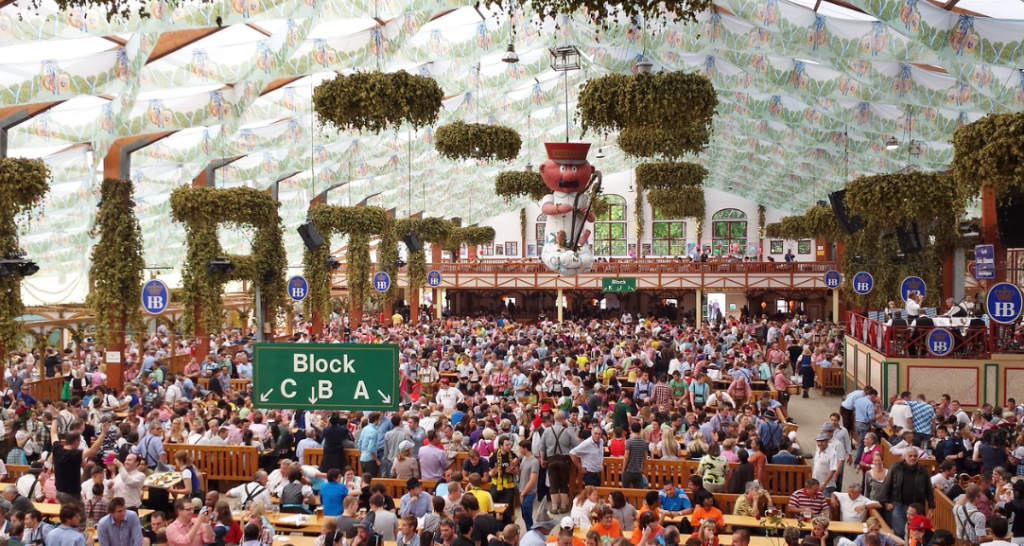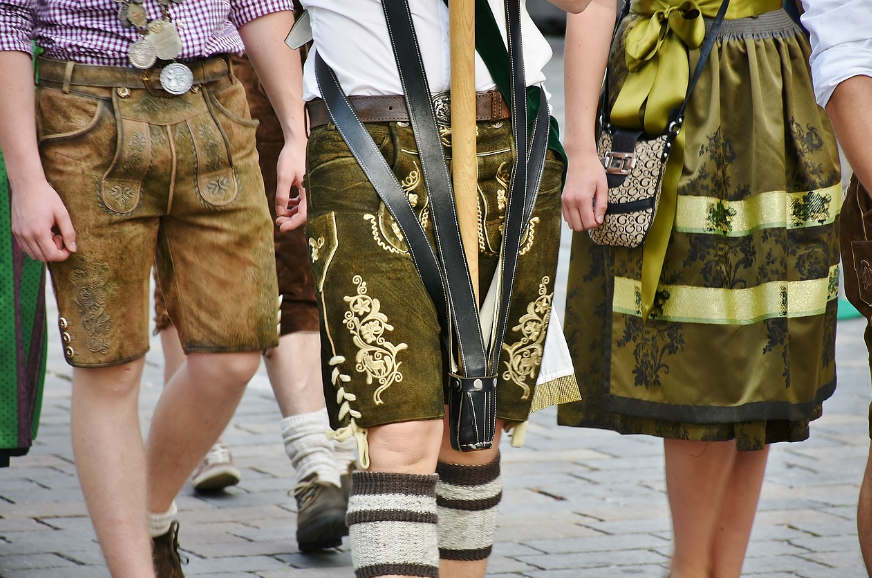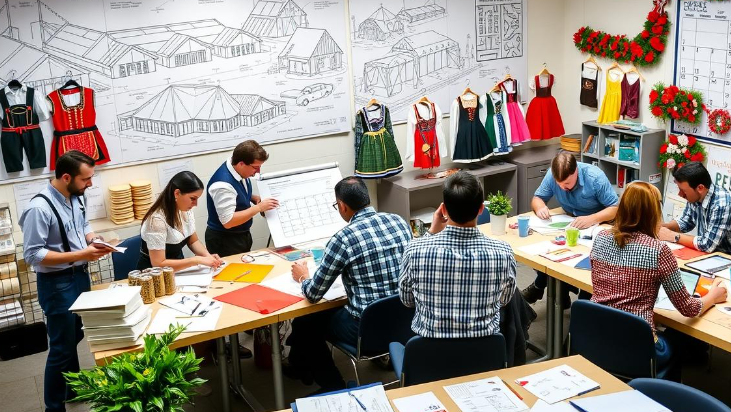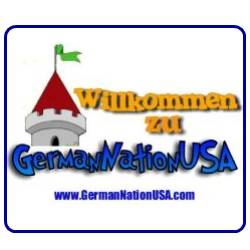October 6th – German American Day within the USA
On a crisp autumn morning in Philadelphia, the clock hit 10 o’clock on October 6th, 1883. The air buzzed with music, chatter, and waving flags. The city was alive with joy, celebrating Germantown’s 200th anniversary.
This event sparked German-American Day, a holiday to honor German immigrants’ impact. Today, communities across the country celebrate this day. They remember the spirit of that historic day in 1883.
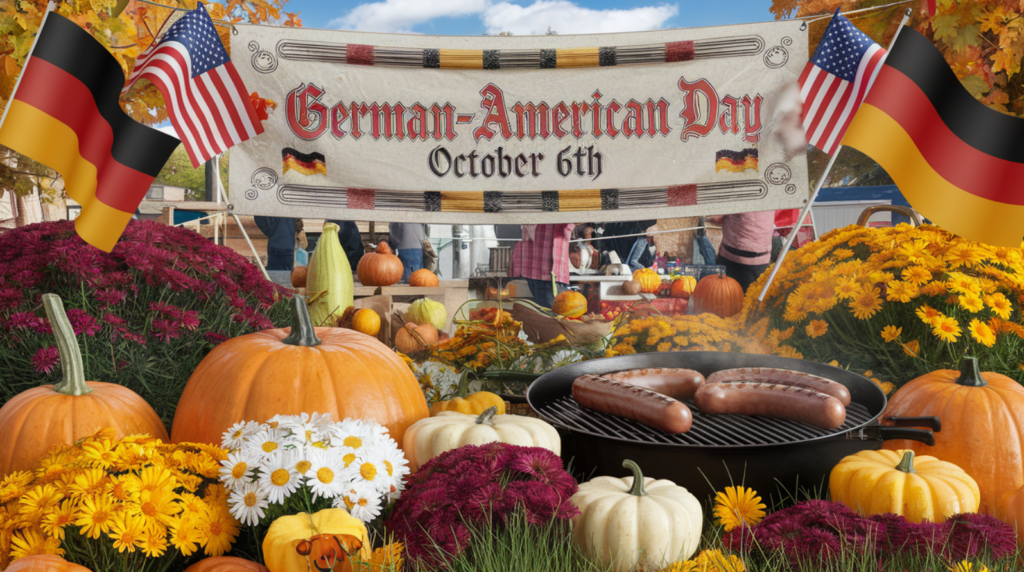
President Ronald Reagan officially recognized October 6th as German-American Day in 1983. This day was later designated as a national holiday by Congress in 1987. To further honor German-American heritage, the entire month of October was proclaimed as German-American Month.
This annual celebration offers German Americans a chance to commemorate their rich cultural heritage, contributions to American society, and the strong ties between the United States and Germany.
Key Takeaways
- German-American Day is celebrated annually on October 6th in the United States.
- The holiday commemorates the founding of Germantown, Pennsylvania in 1683, the first permanent German settlement in the American colonies.
- The holiday was first celebrated in Philadelphia in 1883, on the 200th anniversary of the founding of Germantown.
- President Ronald Reagan officially proclaimed October 6th as German-American Day in 1983, and Congress designated it as a national holiday in 1987.
- Over 60 million Americans claim German ancestry, making it the most common ancestry in the United States.
Introduction to German-American Day
German-American Day celebrates the heritage of over 40 million Americans with German roots. It honors the journey of German immigrants to the United States. Their story is key to America’s character and culture, starting with the first German families in 1683.
Historical Background and Significance
German Americans have greatly influenced America’s history. They fought for freedom, started important newspapers, and made big contributions in science and the arts. Today, they add to America’s diversity and strengthen ties with Germany.
October 6, 1987, was named German-American Day by Congress. It marked the 304th anniversary of the first German immigrants in Philadelphia. This day reminds us of German Americans’ important role in American society.
“German Americans have been integral to the story of America since the first German families fled religious persecution and founded the first German settlement just outside of Philadelphia in 1683.”
The german-american heritage and german-american culture have deeply influenced the United States. German immigration to america has also driven the nation’s growth and success.
The Founding of Germantown
The First German Settlement in America
In 1683, 13 Quaker families from Krefeld, Germany, came to America. They settled just outside Philadelphia and started Germantown. This was the first German settlement in the United States.
